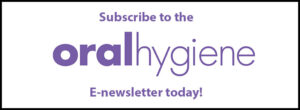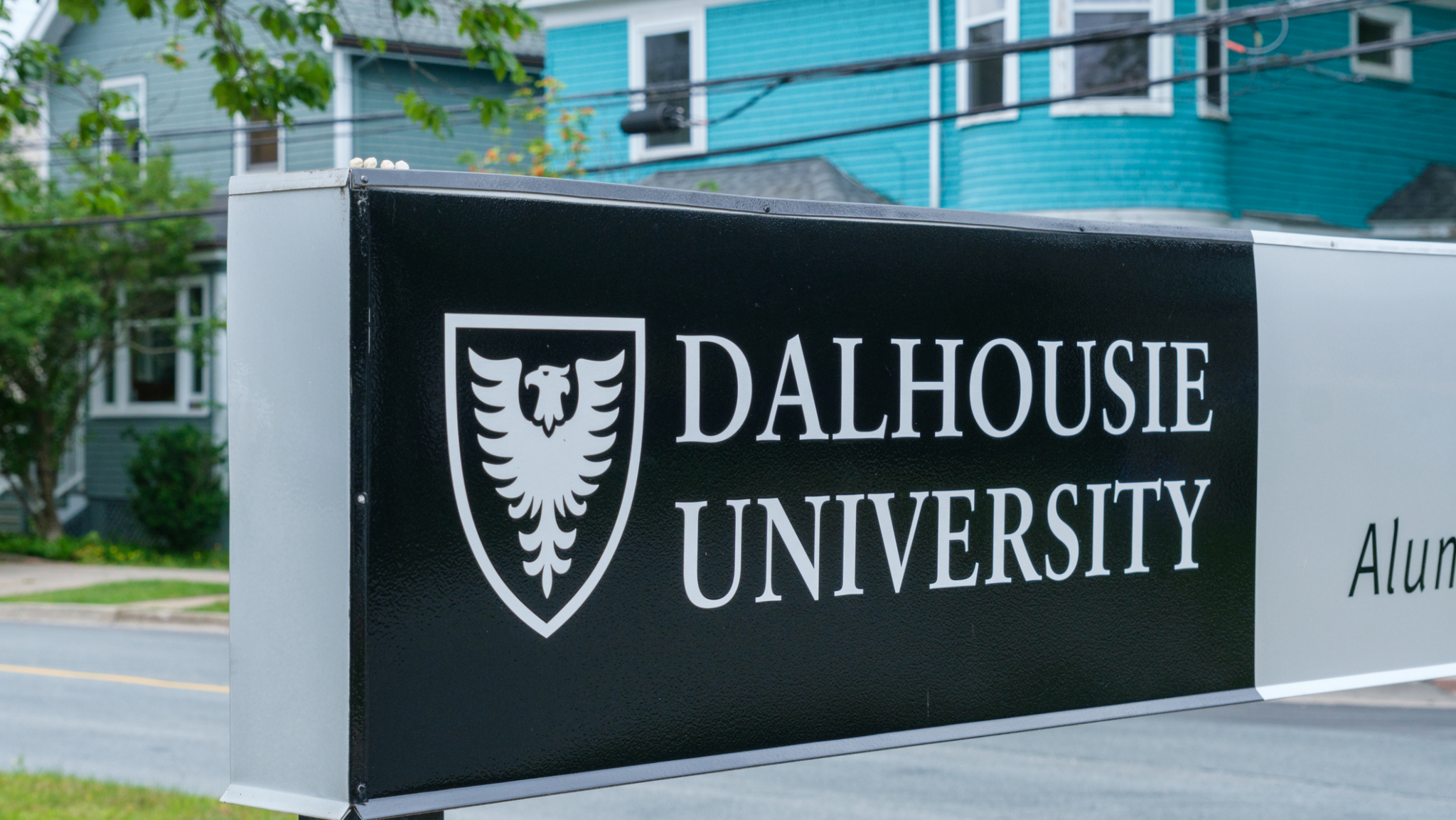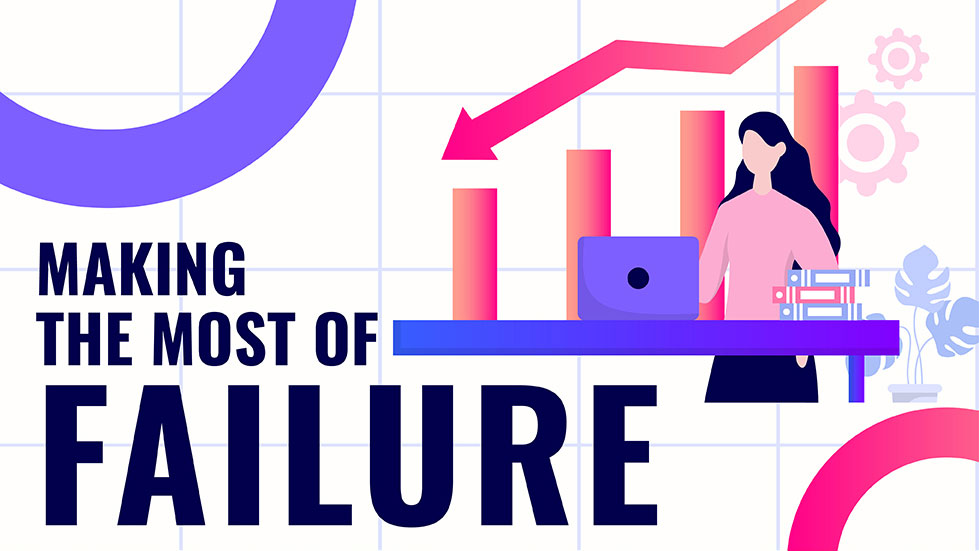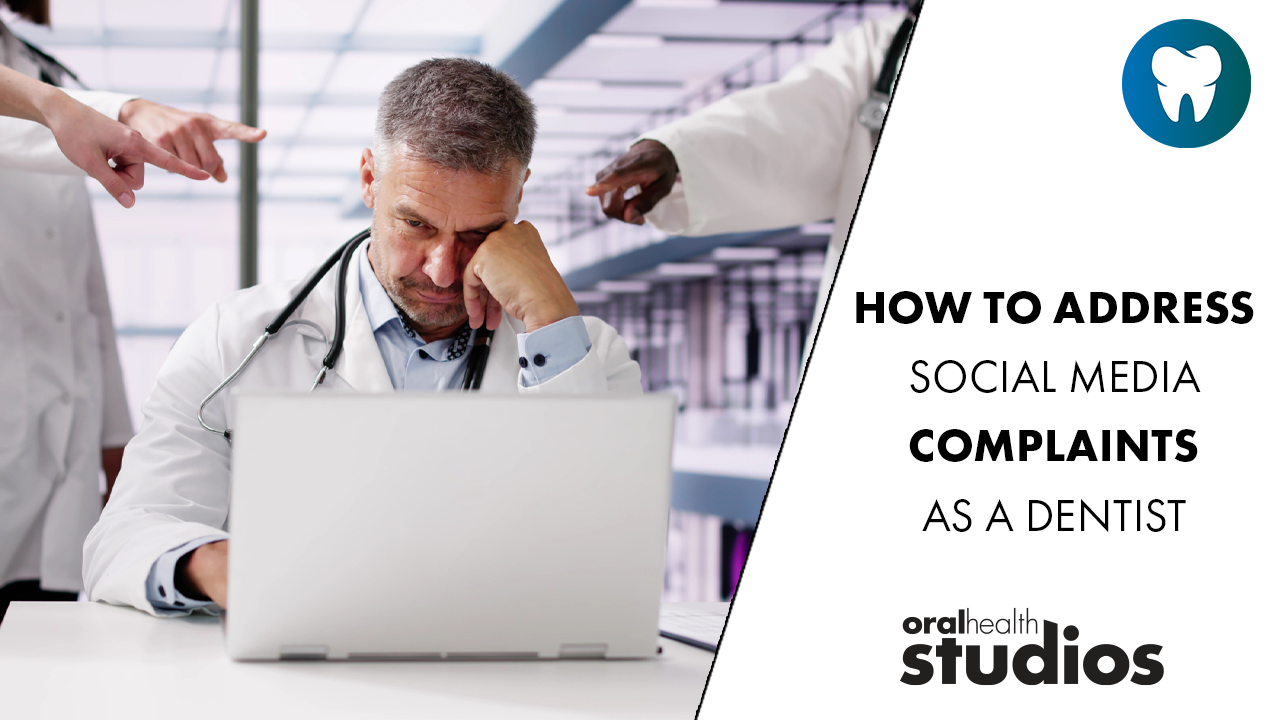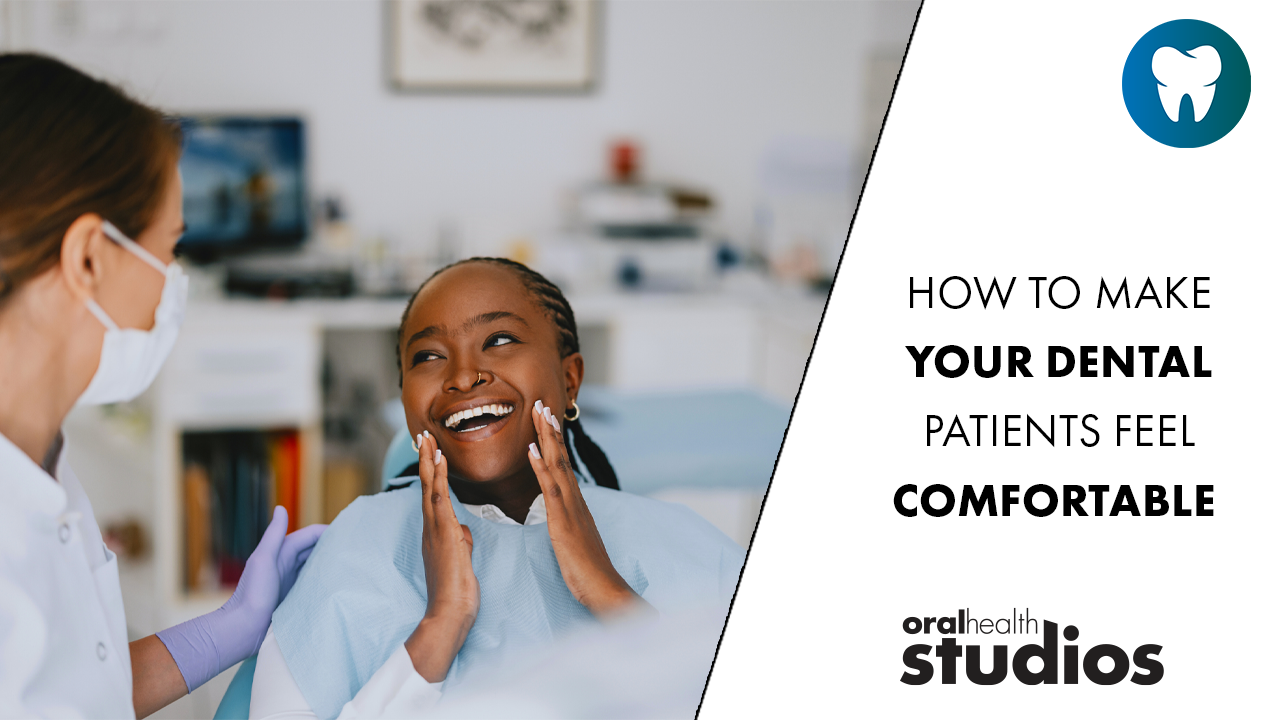
Treating children not teeth
The best time to implement an oral hygiene program is right at the beginning, when teeth are erupting, before there is any irreversible pathology. Prevention is a program for life, like a dietary or physical fitness program. It is only as good as its implementation. There will be ups and downs, which is acceptable, as long as no pathology occurs. The ideal program starts with the infant and the parents. The good news is that most new parents are highly motivated to receive preventive information and instructions. This is 90% of the battle, as motivated individuals are willing to learn and implement your program.
In general, there are 3 types of parents that will present to your office. The first is a highly motivated parent who wants to be informed and shown how to prevent tooth decay. These individuals are usually self-motivated for good dietary habits and physical fitness. They are easy to work with but must follow through with the routine, with periodic recall exam to maintain good oral health. The second type of parent has already run into problems, and the child has extensive tooth decay, abscessed teeth, and pain. A full extensive and expensive dental restoration treatment usually has already been carried out. The child is now in a state of good oral health. The parents do not want a repeat treatment and are eager to learn and listen to your advice. Usually, these are the best parents because they have gone through the ordeal and do not want a repeat. In my experience, very few of these patients have a second restorative or surgical intervention or even get dental caries if they follow through with the program long term. The third type of parent is not really interested and think they know it all. They all state that they will brush their child’s teeth better. All they want is immediate treatment to alleviate the present problems. To these people, all they want is to pay for active treatment, and do not value your time and effort, as see it as a waste of time.
I think it is a good idea to have a fee for initial hygiene instruction, as a one-time deal. I tell the parents ahead of time that this service is usually not covered by insurance. I do not charge for reinstruction. The fee is reasonable and not a large expenditure. If people are reluctant to pay the fee, we do not treat the patient outside of emergency care. The fee is used as an indication of parental commitment to good dental care. Many pay reluctantly, but eventually come around. Things that are given for free are not valued by the individuals receiving them. Thus, you must then provide a value for your fees. You provide value by presenting new information and instructions on how to improve their child’s care. Your main job should not be to clean teeth, but to coach and motivate the parent and patient on oral hygiene care. Even if they grasp the fundamentals, the importance of follow through, and regular recalls to monitor and maintain good oral health, good patients value your input and instructions and enjoy coming back for routine cleaning and maintenance. It is much more enjoyable to work with these patients. You are providing value and helping them maintain their oral health with a minimum of active intervention.
Oral hygiene and brushing seem simple, but in effect is actually more complex, and you must institute a good oral hygiene regime, to make sure all the surfaces are well cleaned regularly. Do not always expect immediate success, as good oral hygiene is a process that will take time, effort, and will, to implement. When the patient is motivated, but not performing well, you must be a coach to improve technique and encourage good behaviour, and not criticize. It may take several recalls to see improvement, thus follow up is important.
Your goal should be a happy, healthy patient for life, with a minimum of active intervention. Working with motivated people makes the job easier and more fun to come to work as a pediatric dentist. The moto of my office is, “The best thing i can do for you is…. NOTHING”.
About the Author
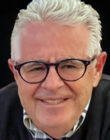
Dr. Jack Maltz is a Pediatric Dentist providing dental care to children in Brampton for over 40 years. Dr. Maltz is the former head of the OSPD and Head of the Brampton Civic Hospital Department of Dentistry.

